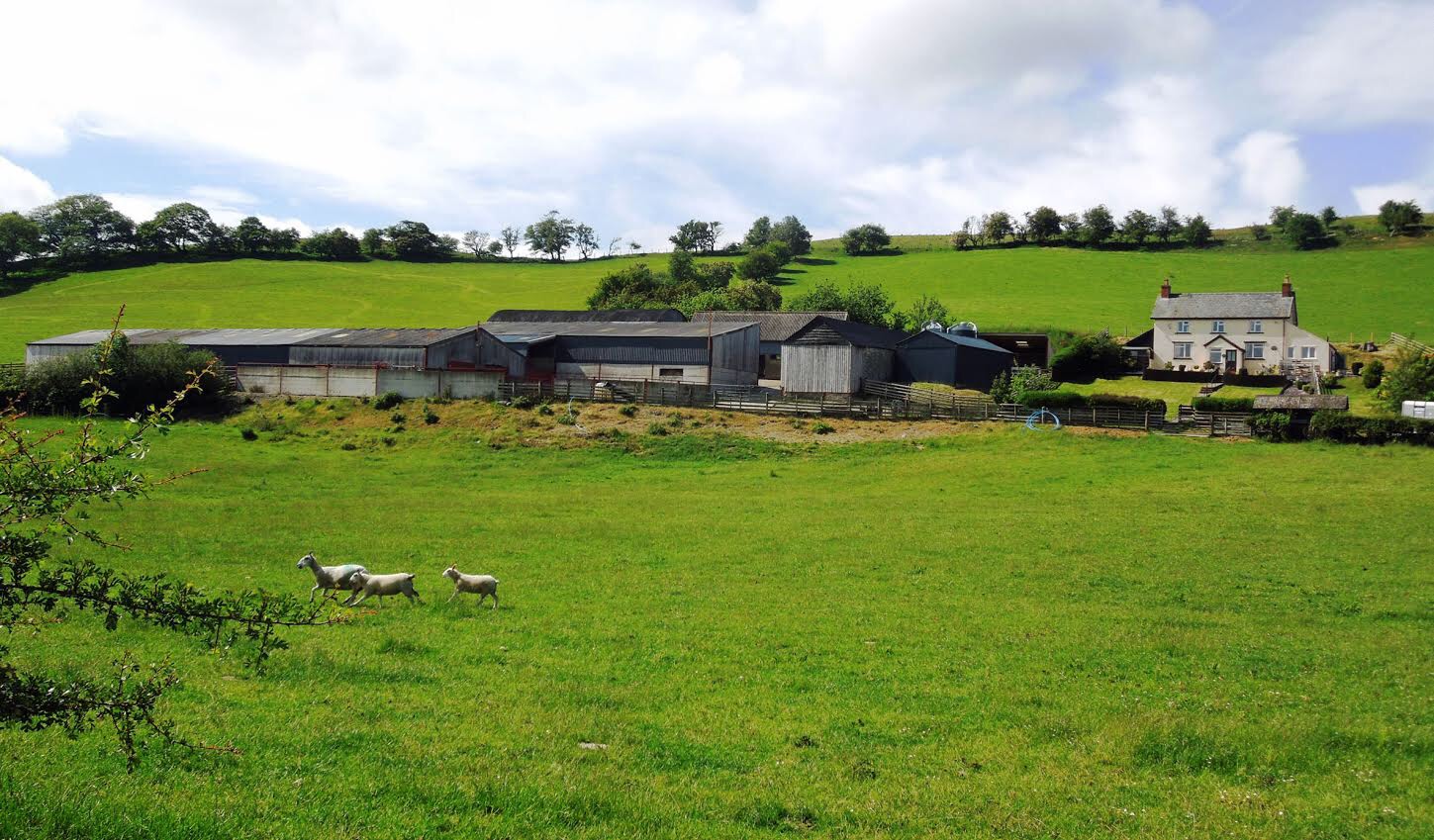
A leading Yorkshire solicitor has urged farmers to study their tenancy agreements following a series of legislative changes.
The Department for Environment, Food & Rural Affairs (DEFRA) has drafted new rules in a bid to modernise agricultural tenancies and reduce red tape.
But Kelly Kirby, a solicitor at York and Lincoln-based Langleys Solicitors, said farmers and landlords must seek advice to ensure they are fully aware of their liabilities.
The new legislation covers three key areas: arbitration, liability for farm items and compensation due at the end of a tenancy.
The Deregulation Act 2015, which came into force in May, enables many issues previously dealt with by an arbitrator to now be examined by an independent expert.
The government hopes this will be faster and cheaper than arbitration. Both parties must agree on the appointment of an independent expert - and the expert’s determination is final.
New Model Clauses legislation, which comes into effect from 1 October 2015, affects liability for modern items now commonly found on farms. Landlords will be responsible for repair and replacement of electrical supply systems while tenants are responsible for slurry, silage and effluent systems.
However, if both landlord and tenant are in agreement, they can make an alternative arrangement for liability for farm items.
There has also been an extension of the circumstances under which a tenant is liable to carry out repairs. For example, tenants can repair fire and carbon monoxide detectors without giving notice to their landlord. The tenant can then recover reasonable repair and replacement costs from the landlord.
Finally, also with effect from 1 October, landlords must compensate former tenants for any increase in the market value of the land that has been caused by the tenant’s long-term improvements.
For short-term improvements, the compensation will be based on the value of those improvements to an incoming tenant.
Under the current regime, tenants can only recover compensation for a limited number of items, all of which are listed in the Agricultural Holdings Act. Compensation has been strictly calculated in accordance with values last updated in 1983.
The government felt this system of compensation did not provide a good incentive for tenants to farm their land sustainably in the last few years of their tenancy.
Kelly Kirby, a solicitor at York and Lincoln-based Langleys Solicitors, said: “This raft of legislative changes will affect thousands of farmers and landlords. It is important that both parties familiarise themselves with the new legislation to ensure that all concerned are fully aware of who is liable for what.
“We would urge tenants and landlords to seek professional advice if they have any queries regarding the new regimes.”
